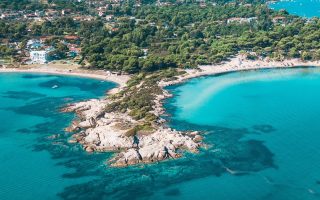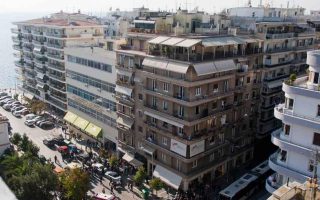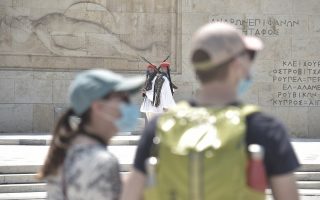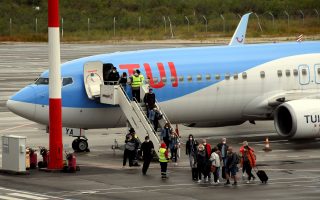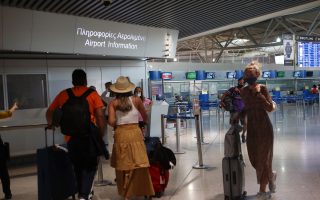Tourism to assess war damage
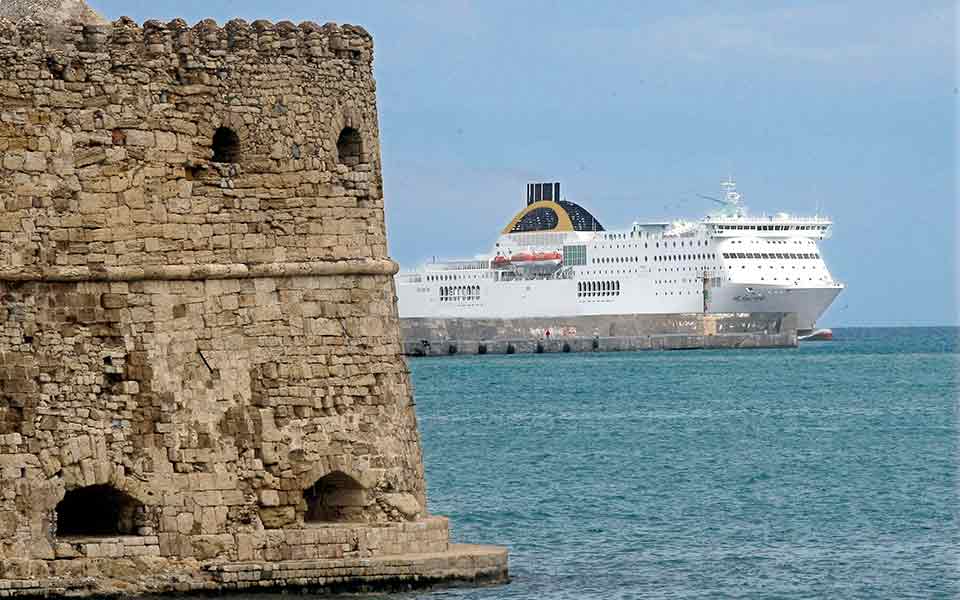
The local tourism industry is trying to map out the possible consequences of the Russian invasion of Ukraine on the sector in Greece.
“It is too early to make any safe statements today over the consequences on tourism. It will all be assessed in the coming weeks,” said the president of the Greek Tourism Confederation (SETE) , Yiannis Retsos, in a social media post.
The effects of this new crisis are not only related to the expected course of tourism arrivals from Russia, but mainly to the new, global wave of price hikes and the soaring energy costs hitting Europe and America – the two markets that dominate Greek tourism.
Price hikes have already been a headache to the industry since the end of last season, but the sharp rise in energy rates since the invasion looks likely to curtail the disposable incomes of households making plans to travel to Greece for their holidays.
As Fraport Greece’s Chief Executive Officer Alexander Zinell told Kathimerini in October, long before the outbreak of war north of the Black Sea, the road back to normality is strewn with obstacles, such as the horizontal rise in product and service prices. That could hurt the competitiveness of the Greek destination at a time when rivals such as Asia, Australia and North America are staking claims to an ever greater global tourism market share.
Tez Tour Greece CEO Dimitris Haritidis stated on Friday that projections for this year had pointed to some 100,000 tourism arrivals from Ukraine on Crete, which has traditionally attracted visitors from that country. Tez Tour had also expected to bring some 125,000 Russian tourists to Crete in 2022, but that now appears very unlikely.
Russian tourism arrivals in Greece had peaked at 1.3 million in 2013 and started easing in 2014 when the first sanctions began from the West. In 2019 arrivals from Russia reached 583,000.
For this year, the Greek National Tourism Organization had set the bar at 500,000 arrivals, but it doesn’t look like that will happen now, with bookings having frozen at this stage and economic sanctions hitting many Russians harder than others.
